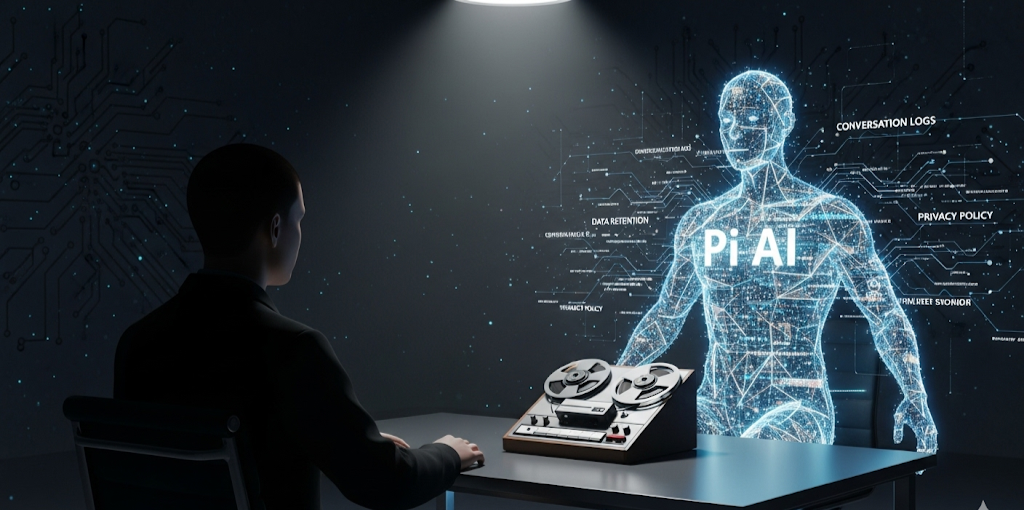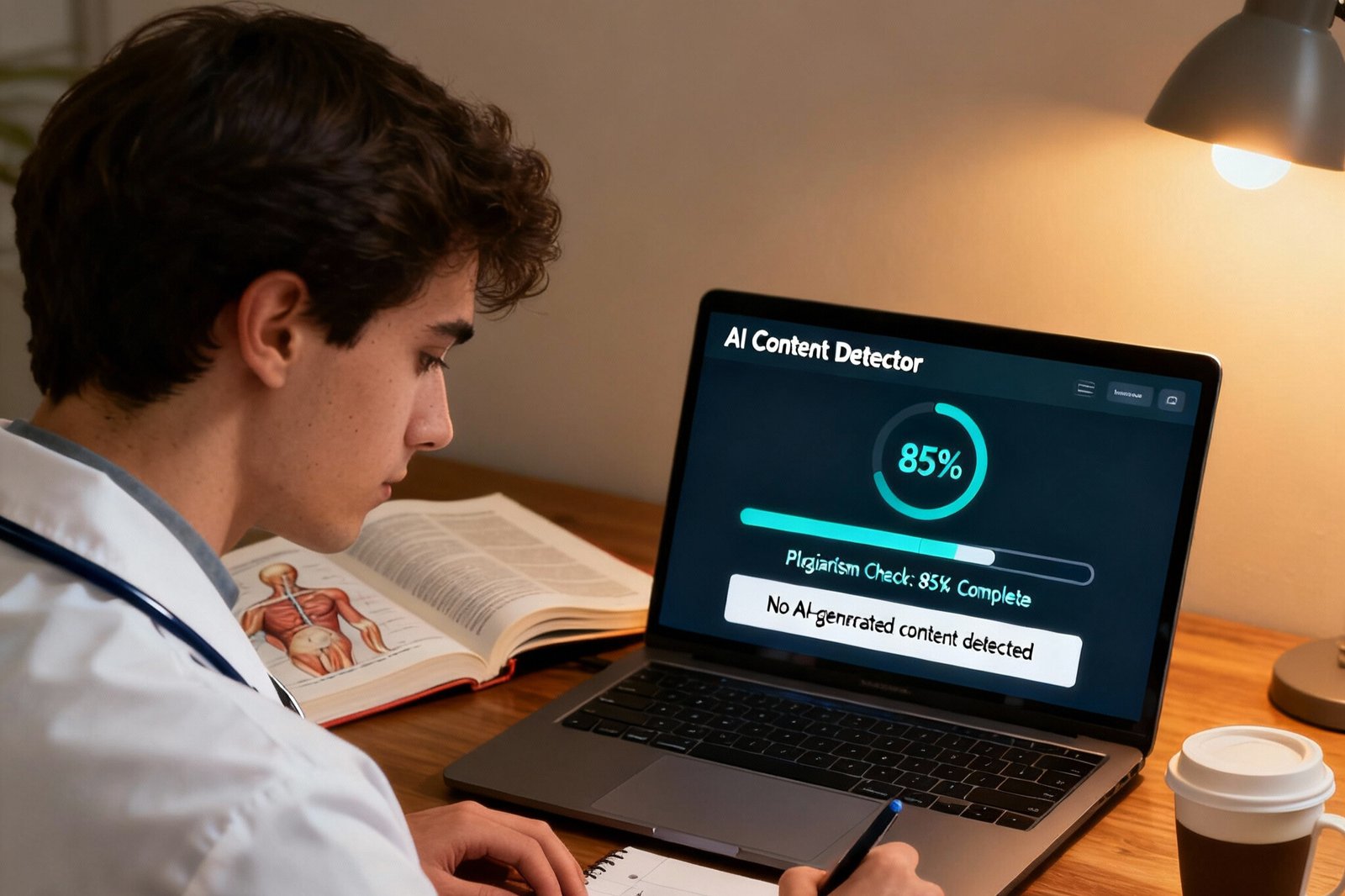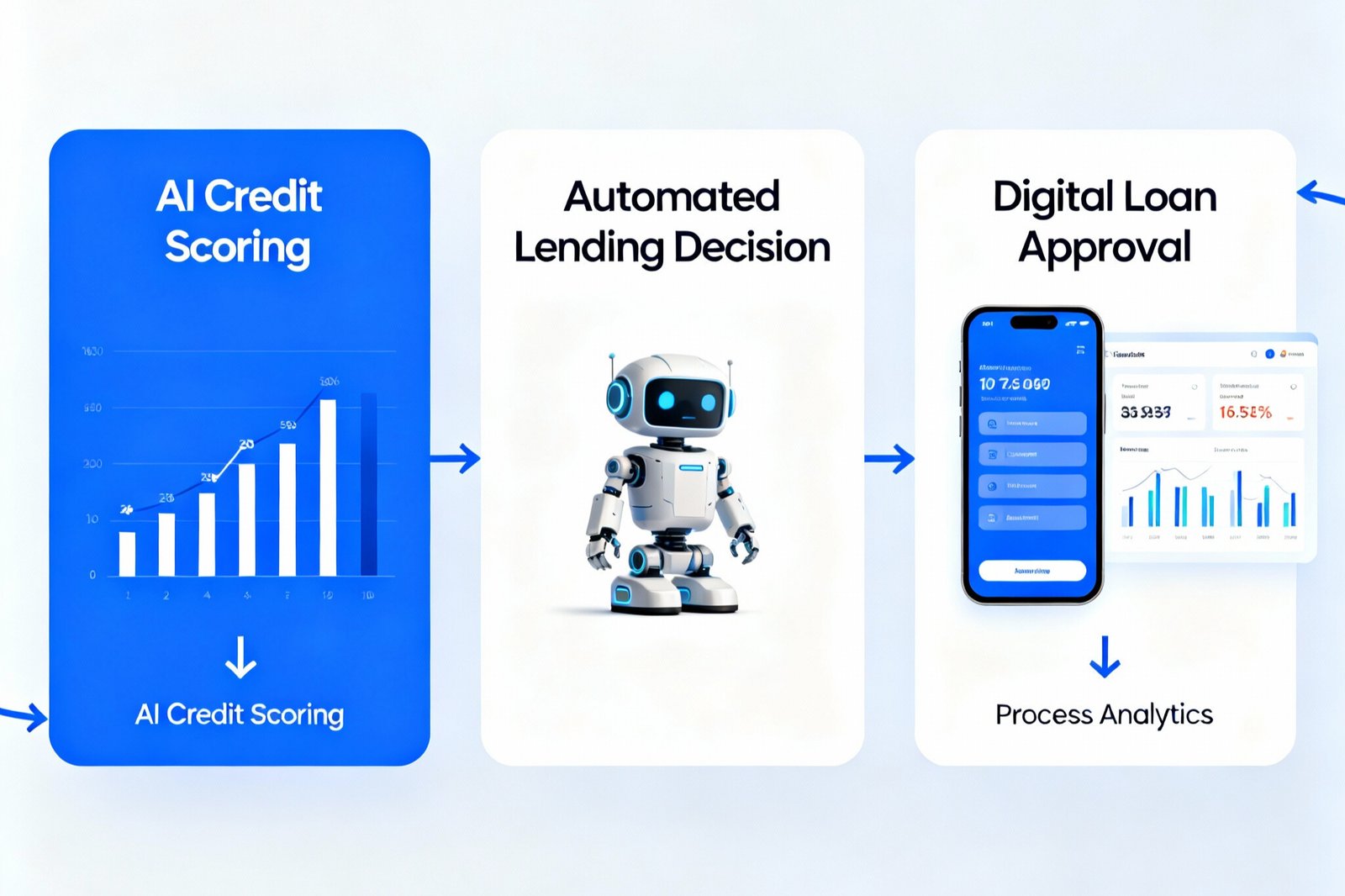In the age of artificial intelligence (AI), privacy and data security have become hot topics. As AI technologies like Pi AI continue to evolve, many users are wondering whether their conversations with these systems are being reported or stored. If you’re concerned about your privacy, you’re not alone. This article will address whether Pi AI reports your conversations, how your data is used, and what steps you can take to protect your privacy.
What is Pi AI?
Before diving into privacy concerns, let’s first understand what Pi AI is. Pi AI is an advanced conversational AI system designed to provide human-like interactions with users. Developed by cutting-edge tech companies, Pi AI has the ability to hold intelligent, context-aware conversations across a wide range of topics. Whether it’s helping with customer service, providing technical assistance, or engaging in casual chat, Pi AI is becoming an increasingly important tool for many people.
Does Pi AI Report Your Conversations?
Many people want to know: Does Pi AI report your conversations? The short answer is: No, Pi AI does not automatically report your conversations. However, there are nuances to consider, particularly when it comes to privacy policies, data collection, and legal obligations.
How Does Pi AI Use Your Conversations?
While Pi AI does not “report” conversations in the traditional sense, it does collect data from your interactions. This data is typically used for:
-
Improving the AI Model: Pi AI collects conversation data to improve its ability to respond to users. By analyzing past conversations, the AI learns to provide more accurate and context-aware answers over time.
-
Training and Quality Assurance: Data from interactions helps engineers identify areas where Pi AI can be improved, making it more reliable and efficient for future users.
-
Ensuring Compliance: In certain cases, Pi AI may be legally required to report certain conversations, especially if they involve threats, illegal activities, or other violations of law. This is consistent with privacy policies used by other AI technologies.
Does Pi AI Store Your Conversations?
While Pi AI doesn’t actively report your conversations, it may store them for training, improvement, and compliance purposes. These conversations are typically anonymized, meaning personal details (like your name or contact information) are not directly linked to the data. However, some platforms might retain your chat history, depending on their policies.
It’s important to note that users generally have control over their data. You can often delete your chat history or request that your data be erased from Pi AI’s systems. This is part of the data protection practices that many companies implement to ensure user privacy.
The Role of Data Privacy Laws and Regulations
As Pi AI operates in a world with diverse privacy laws, understanding these laws is crucial for both users and developers. Different countries and regions have varying regulations when it comes to data privacy, such as:
-
GDPR (General Data Protection Regulation): This European Union regulation provides strong protections for personal data. If you’re in the EU, Pi AI and other services must comply with strict guidelines regarding the collection and processing of your data.
-
CCPA (California Consumer Privacy Act): For users in California, the CCPA grants rights to control how personal data is collected and used, including the ability to request data deletion.
In both cases, companies that operate Pi AI-like systems are expected to provide transparency about data collection, storage, and usage, ensuring that user privacy is respected.
How Pi AI Ensures Your Privacy
Pi AI developers understand the importance of privacy and have implemented several measures to ensure that user data is secure. These measures typically include:
-
End-to-End Encryption: Conversations with Pi AI are often encrypted to prevent unauthorized access. This means that even if data is intercepted, it remains unreadable without the proper decryption keys.
-
Anonymization: In many cases, user data is anonymized, meaning that personal identifiers are removed. This helps reduce the risk of exposing sensitive information.
-
User Control: Pi AI platforms generally allow users to manage their data. This includes the ability to view, delete, or download your conversation history, giving you more control over your information.
Real-Life Examples of AI Privacy Concerns
AI privacy concerns are not just hypothetical—there have been real-life incidents that highlight the importance of understanding how AI systems handle your conversations.
Example 1: Voice Assistants and Data Privacy
Voice assistants like Amazon Alexa and Google Assistant have faced scrutiny over how they store and use voice data. In 2019, it was revealed that Amazon contractors were listening to voice recordings to improve Alexa’s responses. This raised concerns about how companies handle user data and the potential for abuse.
Example 2: AI Chatbots in Customer Service
Customer service AI chatbots, similar to Pi AI, have been widely used in various industries. However, these systems often collect data from interactions to improve service quality. In some cases, customers have raised concerns about whether their conversations, particularly those involving sensitive personal information, are being stored or shared with third parties.
What You Can Do to Protect Your Privacy with Pi AI
If you’re concerned about your privacy when interacting with Pi AI, there are a few steps you can take to protect yourself:
-
Review Privacy Policies: Always read the privacy policy of the platform using Pi AI to understand how your data will be used and whether it will be shared with third parties.
-
Use Anonymized Information: Avoid sharing personal details (like your full name, address, or social security number) in your conversations with Pi AI.
-
Delete Your Data: Many platforms allow users to delete their chat history. Regularly delete your conversations if you’re concerned about privacy.
-
Stay Informed: Stay updated on the latest news and regulations surrounding AI and data privacy. Understanding these developments can help you make informed decisions about using AI platforms like Pi AI.
Conclusion: Does Pi AI Report Your Conversations?
In conclusion, Pi AI does not report your conversations in the traditional sense. However, your interactions are likely stored for the purpose of improving the AI, training the model, and ensuring compliance with legal regulations. While data is anonymized, Pi AI and similar technologies have the potential to store and review conversations for specific purposes. It’s important to be mindful of privacy policies and take control of your data by regularly reviewing and deleting your chat history.
By understanding how Pi AI handles your data, you can make more informed decisions about how you interact with AI platforms and protect your privacy.
FAQ
Q1. Does Pi AI store my personal information?
No, Pi AI typically anonymizes data to protect your personal information. However, it’s always a good idea to avoid sharing sensitive details during interactions.
Q2. Can I delete my conversations with Pi AI?
Yes, most platforms allow users to delete their conversation history. Review the platform’s settings or privacy policy for specific instructions.
Q3. Is Pi AI subject to data privacy laws?
Yes, Pi AI is subject to data privacy laws like GDPR and CCPA, depending on your location. These regulations ensure that your data is handled transparently and securely.
Q4. Will Pi AI report my conversation if I share sensitive information?
Pi AI generally does not report conversations unless they involve illegal activities or violations of law. However, it’s always best to be cautious when sharing personal or sensitive information.
Q5. How can I protect my privacy when using Pi AI?
To protect your privacy, avoid sharing personal details, review privacy policies, and delete your chat history regularly.








Leave a Reply